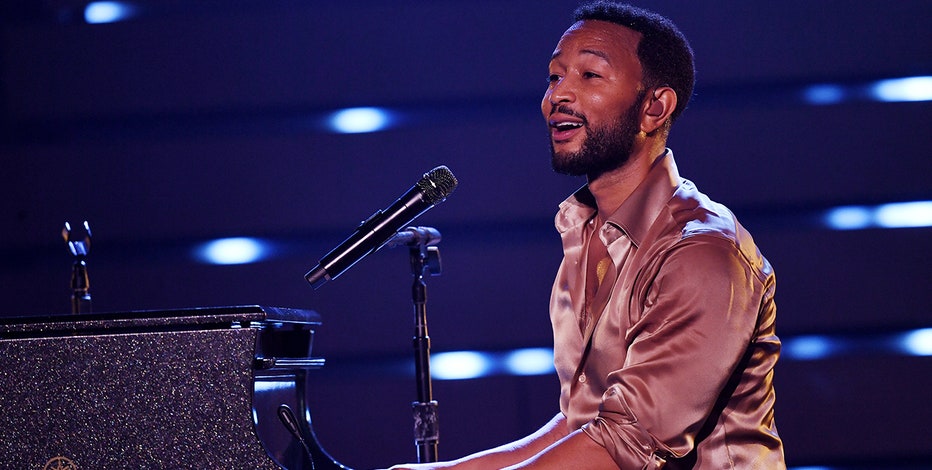Artificial intelligence and the music industry: Harmonious or harmful?

AI and music: Harmonious or harmful?
A wave of artificial intelligence (AI) advancements has sparked debate and strong reaction in the music industry, blurring the line between real and artificial talent. FOX 5 NY's Dan Bowens has the story.
NEW YORK - A wave of artificial intelligence (AI) advancements has sparked debate and strong reaction in the music industry, blurring the line between real and artificial talent.
With viral sensations like 19-year-old Jered Chavez using AI to create songs featuring popular artists' voices, the possibilities of AI-generated music have become a hot topic among music enthusiasts and industry professionals alike.
Chavez, a junior at the University of South Florida, gained internet fame when his AI-inspired creations went viral. By inputting a vocal track and applying a dataset containing files of a specific artist, the AI learns to mimic that artist's voice and produces an audio track with the submitted vocals.
From Kanye West to Taylor Swift, the AI-generated songs have enthralled millions of listeners, although public perception remains divided.
While some people are fascinated by the potential of AI in music production, others express concerns about the ethical and legal implications of this technology.
Recently, a controversial incident arose when an AI-generated song featuring Drake and The Weeknd nearly cracked the Billboard charts. Universal Music Group intervened, demanding its removal and raising questions about copyright ownership for works created by AI.

AI-generated Drake, The Weeknd song goes viral - but it's fake
An AI-generated Drake and The Weeknd song called "Heart on My Sleeve" has gone viral, raising questions about the use of AI in music creation. FOX 5's Arthur Chi'en reports.
Who owns the rights to AI songs?
Entertainment attorney Craig Averill explains that record labels have the right to grant consent for derivative works created using AI-generated content. However, the question of who holds the copyright when AI produces music remains a legal grey area that courts may need to resolve in the future.
As the technology continues to emerge, its impact on copyright and intellectual property rights will likely shape a segment of industry's future.
Despite these legal concerns, some artists have embraced the AI revolution. Grimes, a Canadian singer-songwriter, recently released a song featuring an AI-generated version of her voice. The innovative collaboration prompted discussions of revenue sharing between artists and AI technologies, further highlighting the evolving relationship between musicians and artificial intelligence.
Potential harms and benefits of AI
However, there are inherent dangers in AI's ability to mimic artists too convincingly. Mitch Glazier, CEO of the Recording Industry Association of America and a founding member of the Human Artistry Campaign, emphasizes the need to protect artists from having their voices misused without their consent. The campaign aims to address the ethical implications of AI-generated music that appropriates an artist's identity and work.
While the debate surrounding AI's role in music creation continues, it is undeniable that the profound connection between fans and genuine artists cannot be replicated by technology alone. The recent frenzy caused by Taylor Swift's The ERAS Tour, which overwhelmed Ticketmaster's website due to unprecedented demand, exemplifies the unparalleled human bond that exists between fans and their favorite musicians.
Nonetheless, AI technology could still play a valuable role in supporting artists in unique ways. For instance, it could help translate an artist's album instantly into any language, ensuring accurate pronunciation and reaching a broader international audience.
This symbiotic relationship between human creativity and technological innovation could shape the future of the music industry, forever altering the way we experience and appreciate music.



